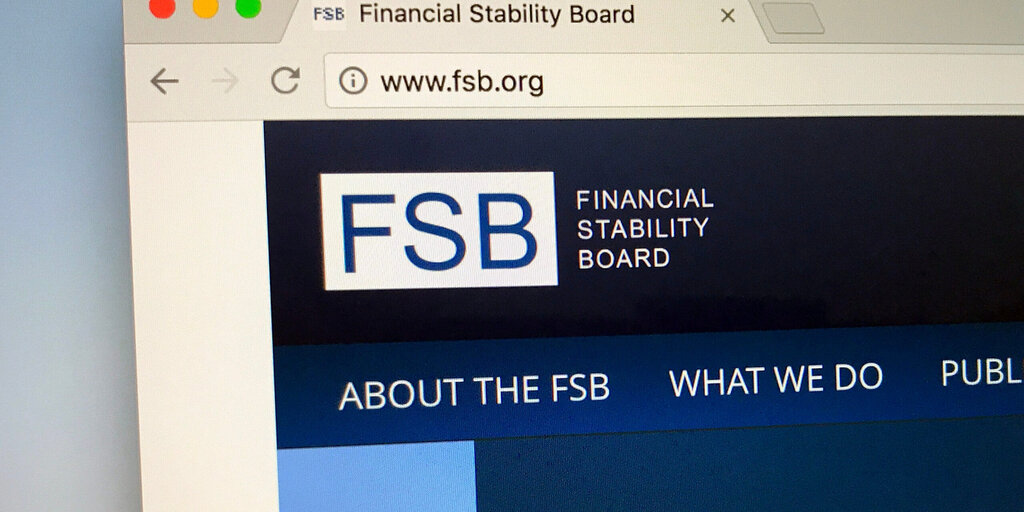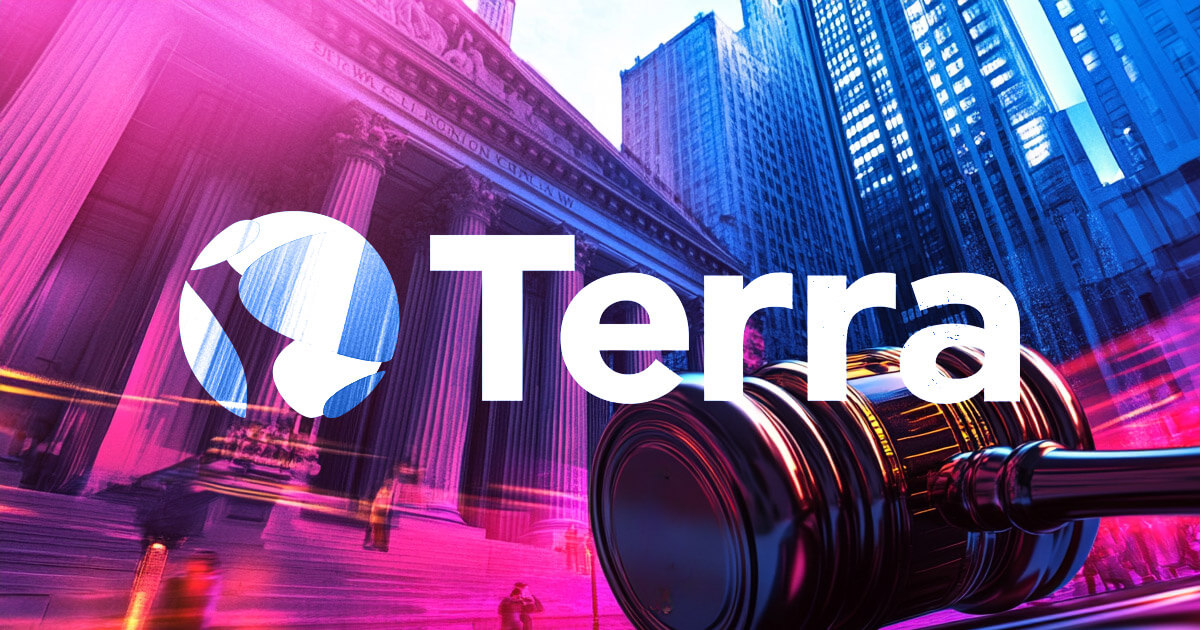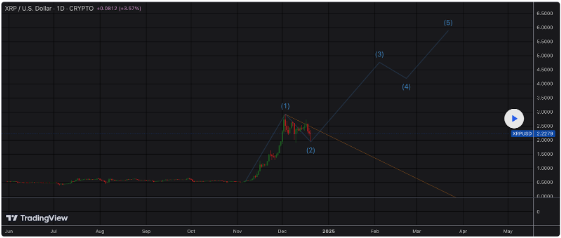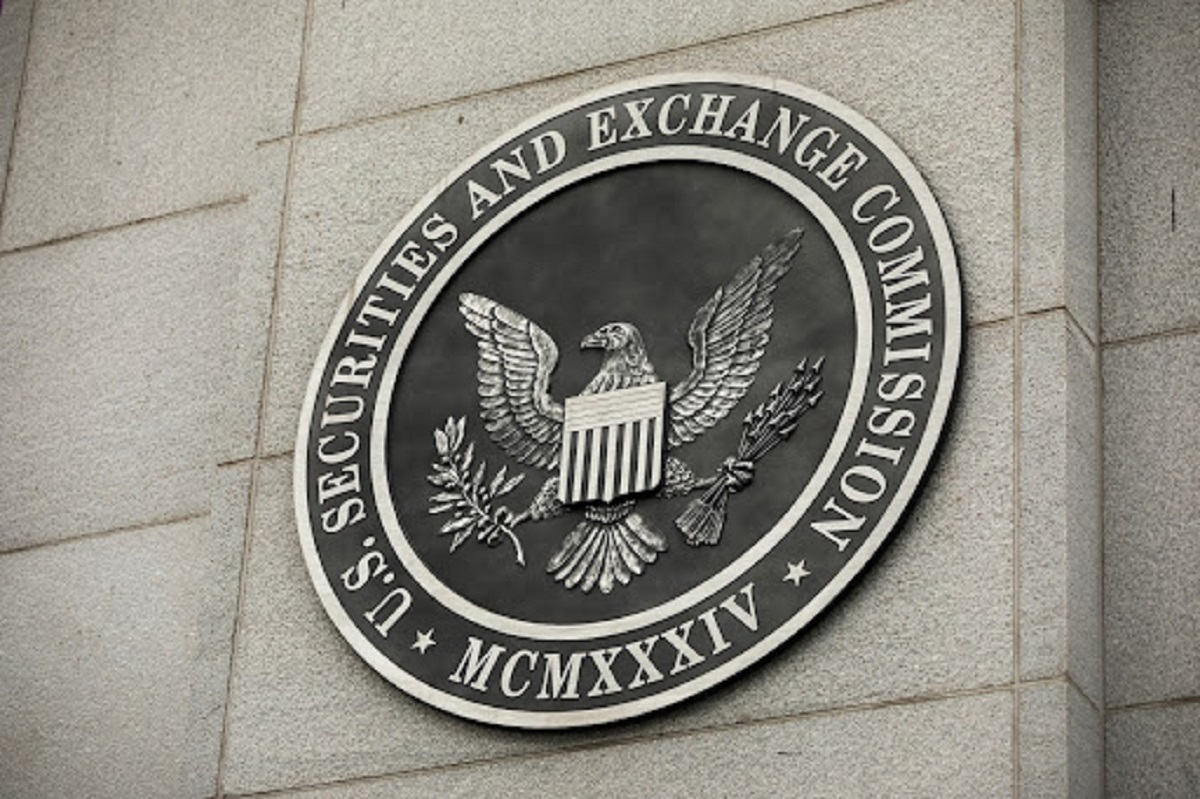Fallout from last year’s crypto meltdowns could lead to tougher global oversight of the industry, as a G20 watchdog warned of wider financial risk if crypto firms are not regulated.
The Financial Stability Board (FSB) said its global regulatory framework for crypto-asset activities, published for the first time on Monday, had been influenced by last year’s crypto crashes, alluding to the likes of FTX and Terra.
As part of an effort to tackle these risks, the FSB set out nine top-level recommendations for regulators on how to supervise crypto companies and markets, as well as revising its recommendations on the oversight of stablecoins.
The recommendations, which also take into account feedback received during the FSB’s public consultation on the topic, include calls for cross-border cooperation between regulators, governance requirements for crypto issuers, and mandatory disclosures for the industry.
The FSB said it had strengthened several of its suggestions in light of recent events, including a push to ensure adequate safeguarding of client assets, and addressing risks associated with conflicts of interest.
“The events of the past year have highlighted the intrinsic volatility and structural vulnerabilities of crypto-assets and related players,” the Swiss-based body said in a press release. “They have also illustrated that the failure of a key service provider in the crypto-asset ecosystem can quickly transmit risks to other parts of that ecosystem.”
The FSB added that “spillovers” of crises from crypto to traditional finance could increase as links between the two industries grow.
The framework is based on the principle of “same activity, same risk, same regulation,” a principle that is supposed to ensure a level regulatory playing field by making different forms of the same activity–for example payments–adhere to the same rules.
“The FSB has taken the view that crypto markets require further regulation to protect stakeholders and financial stability, rather than the view that regulating crypto confers legitimacy,” commented Monsur Hussain, head of financial institutions research at Fitch Ratings.
Konstantin Horejsi, chief product officer at digital asset trading platform Blocktrade, welcomed the guidelines.
“The crypto community at large was never asking for special treatment with regard to regulation, but was simply asking for the establishment of boundaries similar to those that already exist for comparable asset classes,” he said.
He added that the FSB’s recommendations would provide a good basis, but that a lot would depend on how they are implemented.
“I would bet that the actual implementation of those guidelines will still vary significantly, but at least now that the foundation blocks are on the table, regulators will probably tackle the challenges put upon them a bit more quickly,” he said. “Since Europe has set the example with MiCA, I believe that other economic blocks will follow suit shortly.”
Credit: Source link















































